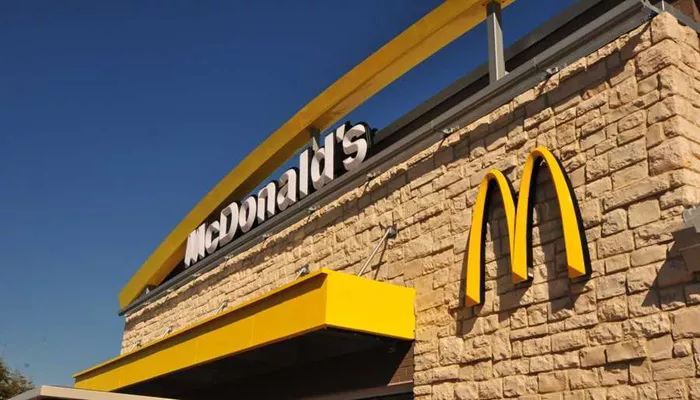McDonald’s is set to open over 200 new restaurants across the UK and Ireland in the next four years as part of a £1 billion expansion plan. This move is expected to increase the fast-food giant’s presence by more than 10%, bringing the total number of locations in the region to 1,700.
The company plans to experiment with “Drive to” restaurants, which will feature a car park and a small seating area but no drive-through. Additionally, other smaller restaurant formats will be tested as part of this new initiative.
One retail expert suggests that McDonald’s is focusing on more “stable” markets as sales decline due to boycotts linked to the ongoing Israel-Gaza conflict.
Alistair Macrow, the head of McDonald’s UK and Ireland, emphasized that the expansion underscores the company’s “ongoing commitment” to growth and job creation in these regions. The expansion is expected to generate over 24,000 new jobs.
The company also announced a “renewed focus” on opening restaurants on High Streets. According to retail real estate expert Jonathan DeMello, the cost of renting space on High Streets has dropped significantly since the COVID-19 pandemic, as many restaurants have gone out of business.
“A large amount of restaurant space has become available,” DeMello said. He also predicted that McDonald’s might target retail parks outside of London and in towns and cities across southeast England. However, demand in these areas has driven up rents.
DeMello further speculated that McDonald’s is capitalizing on cheaper rents, falling interest rates, and a recovering economy. “We’ve faced a cost of living crisis, but people are still buying fast food,” he added.
Data from Meaningful Vision, which tracks the fast-food sector, shows that promotions in the industry have increased by a third compared to last year. Experts believe McDonald’s and its competitors are trying to attract budget-conscious customers with cheap deals, a strategy that has drawn criticism from health experts.
Danni Hewson, head of financial analysis at AJ Bell, pointed out that “getting customers back through the doors” is a major priority for McDonald’s. “Opening new stores when sales are down might seem counterintuitive,” she said. “But if the company can offer the right deals in the right locations, it could lead to growth.”
DeMello also suggested that McDonald’s focus on the UK and Ireland is likely due to the perceived “stability” of these markets, especially as international conflicts have hurt sales. The company previously exited Russia following its invasion of Ukraine, and it has faced boycotts in the Middle East and other regions due to its perceived support for Israel’s actions in Gaza.
McDonald’s is also still addressing the fallout from a BBC investigation that uncovered more than 100 allegations of sexual abuse and harassment from current and former employees. Many young female staff members reported instances of groping. In response, McDonald’s launched an internal investigation and stated that it was “determined” to eliminate behavior that does not meet its high standards.

